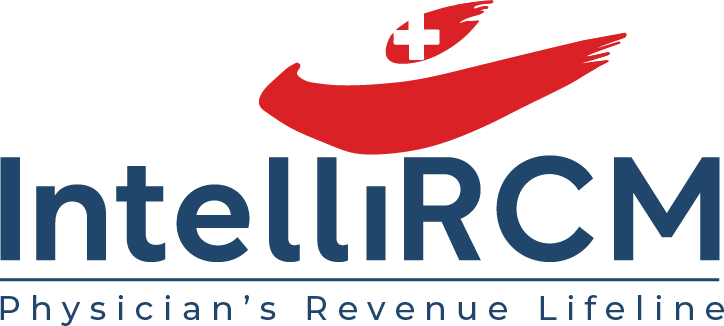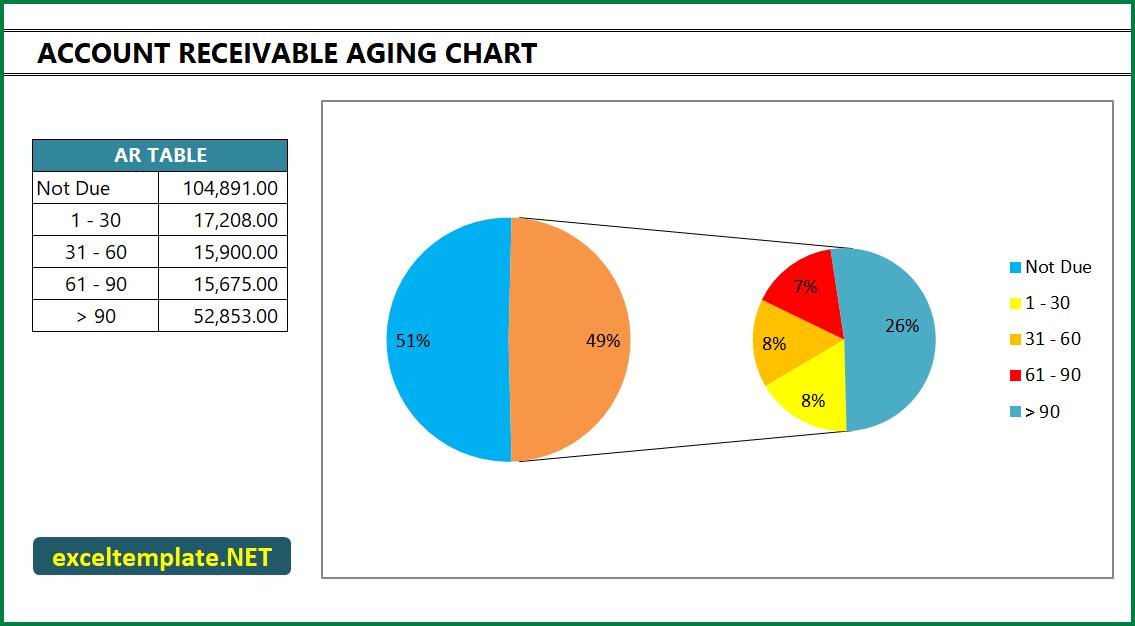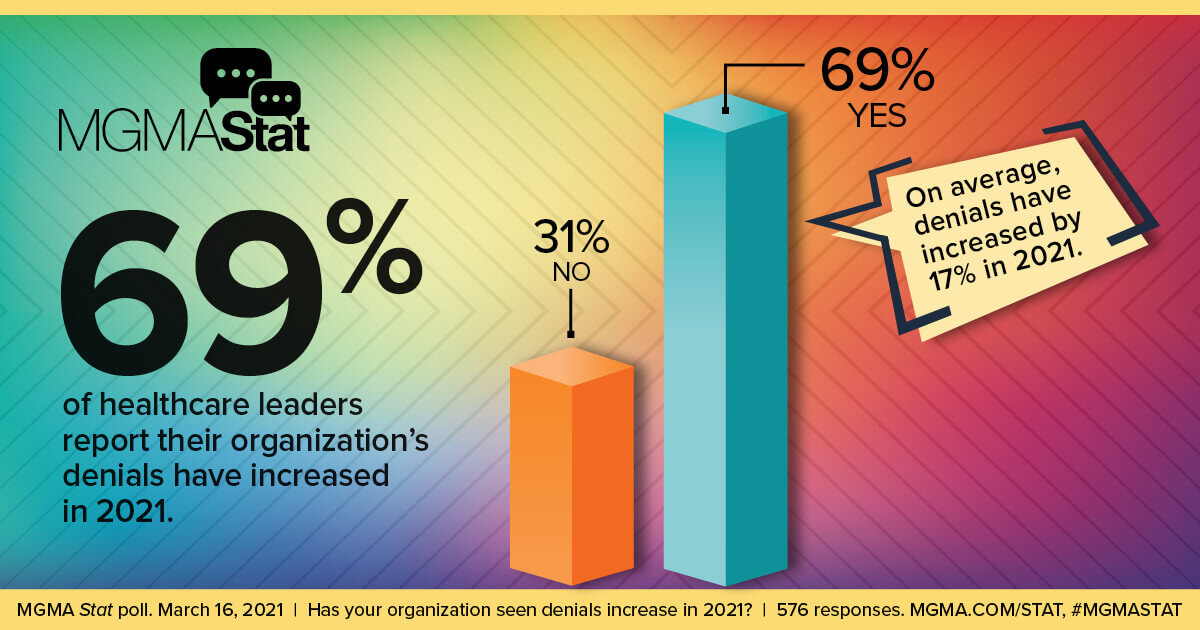No Surprise Act – IntelliRCM

Widespread concerns about the cost of healthcare drove the U.S. government to enact the No Surprise Act. While the law helps make healthcare more affordable and accessible, it poses a significant challenge to healthcare providers. It introduced new accounting requirements to a sector buckling under existing regulations. Failure to meet these dynamic requirements can leave …













